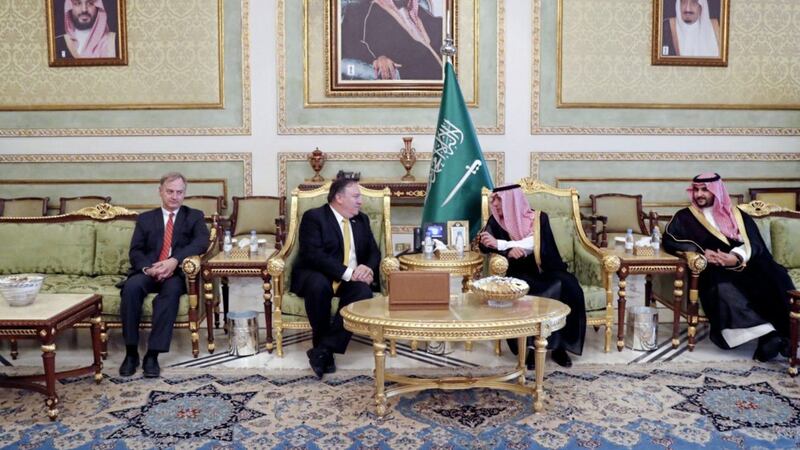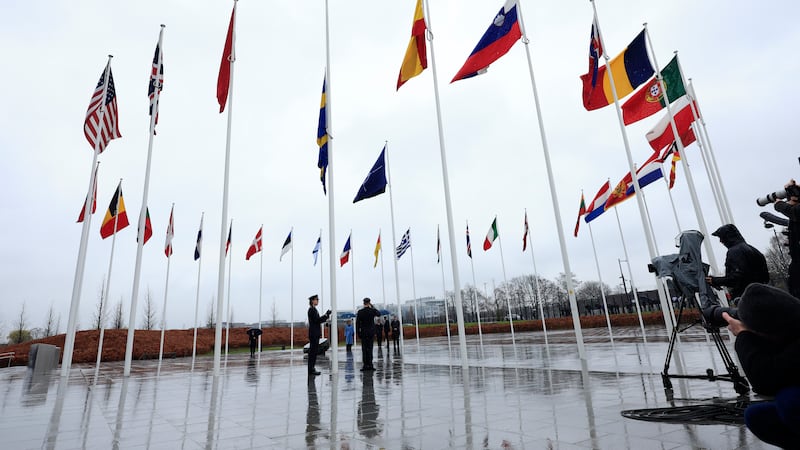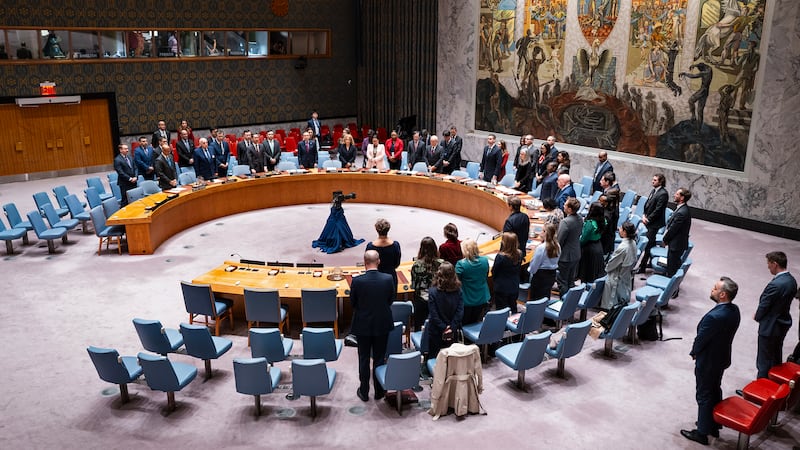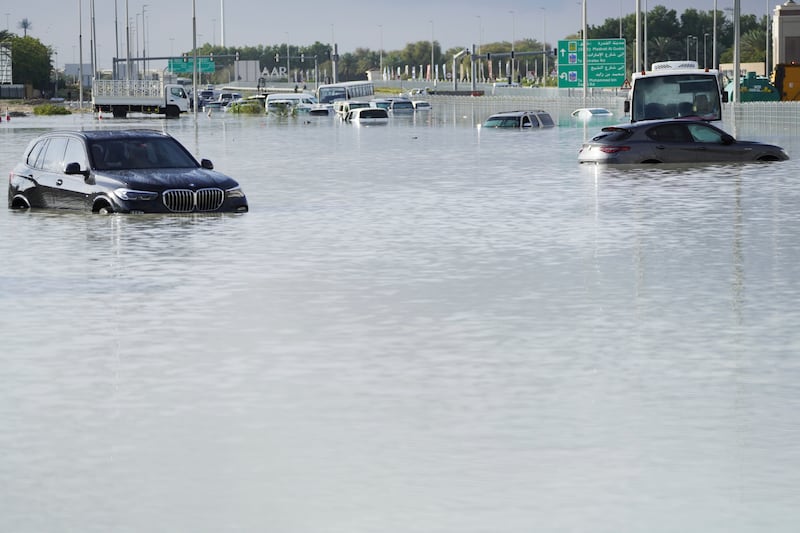US SECRETARY of state Mike Pompeo has met Saudi Arabia's King Salman over the disappearance and alleged killing of journalist Jamal Khashoggi, who vanished two weeks ago during a visit to the Saudi Consulate in Istanbul.
Mr Pompeo landed in Riyadh on Tuesday morning and was welcomed by Saudi foreign minister Adel al-Jubeir on landing.
Soon after, Mr Pompeo arrived at a royal palace, where King Salman greeted him.
America's top diplomat thanked the king "for accepting my visit on behalf of President (Donald) Trump" before going into a closed-door meeting.
Turkish officials say they fear Mr Khashoggi was killed and dismembered inside the Istanbul consulate.
Saudi officials have previously said the allegations are "baseless", but reports in US media suggested the kingdom may acknowledge the writer was killed there.
Meanwhile, a Turkish forensics team finished a search inside the consulate earlier in the morning.
Technicians in overalls, gloves and covered shoes treated the diplomatic mission as a crime scene during the search.
It was not immediately clear what evidence they gathered.
Mr Trump, after speaking with King Salman, had dispatched Mr Pompeo to speak to the monarch of the world's top oil exporter over Mr Khashoggi's disappearance.
The president himself said, without offering evidence, that the killing could have been carried out by "rogue killers", offering the US-allied kingdom a possible path out of a global diplomatic firestorm.
However, left unsaid was the fact that any decision in the ultraconservative kingdom rests solely with the ruling Al Saud family.
Mr Pompeo also met Saudi crown prince Mohammed bin Salman, whom Mr Khashoggi wrote critically about for The Washington Post and whose rise to power prompted the columnist to go into a self-imposed exile in the US.
"The effort behind the scenes is focused on avoiding a diplomatic crisis between the two countries and has succeeded in finding a pathway to de-escalate tensions," said Ayham Kamel, the head of the Eurasia Group's Middle East and North African practice.
"Riyadh will have to provide some explanation of the journalist's disappearance, but in a manner that distances the leadership from any claim that a decision was made at senior levels to assassinate the prominent journalist."
CNN reported that the Saudis were going to admit the killing happened but deny the king or crown prince had ordered it, which does not match what analysts and experts know about the kingdom's inner workings.
The New York Times reported that the Saudi royal court would suggest that an official within the kingdom's intelligence services, a friend of Prince Mohammed, had carried out the killing.
According to that reported claim, the crown prince had approved an interrogation or rendition of Mr Khashoggi back to Saudi Arabia, but the intelligence official was tragically incompetent as he eagerly sought to prove himself.
Both reports cited anonymous people said to be familiar with the Saudi plans.
Saudi officials have been in and out of the building since Mr Khashoggi's disappearance on October 2 without being stopped. Under the Vienna Convention, diplomatic posts are technically foreign soil that must be protected and respected by host countries.
Turkey has wanted to search the consulate for days.
Permission apparently came after a late Sunday night call between King Salman and Turkey's President Recep Tayyip Erdogan.
In statements after the call, both praised the creation of a joint Saudi-Turkish probe.








